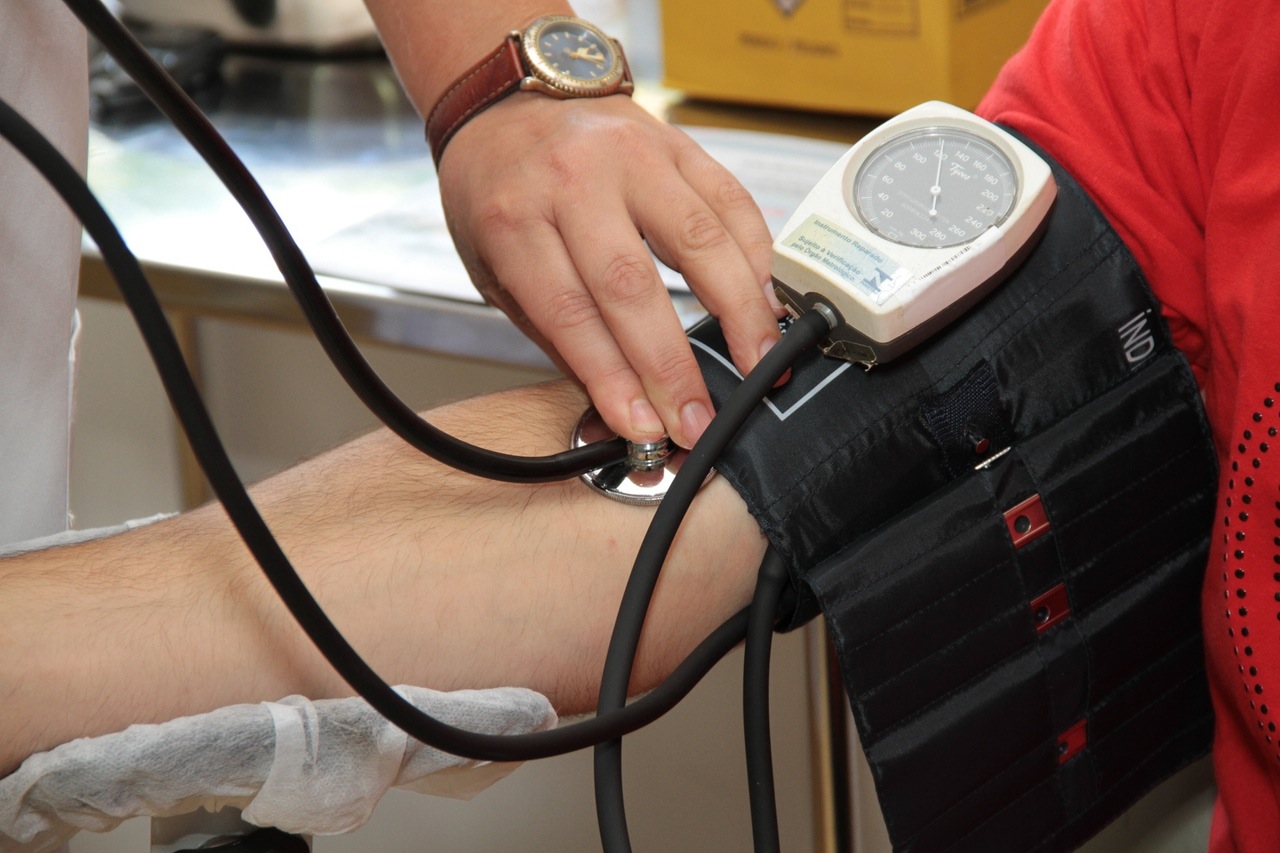Few areas are as rewarding to work in as medicine. Though it tends to involve long hours and hard work, and not every position offers a lucrative salary, it enables you to get involved with one of the most important things anybody can do – helping other people. Working in medicine, you’ll never feel that you don’t matter or that your work isn’t making a difference. You can help people to live longer and better lives. But what are your career options, and where should you begin?
Doctor
Becoming a doctor is many people’s dream. It’s tough to achieve, but some people manage it even if they have to start later in life, overcoming all kinds of challenges because it’s so important to them. It requires getting into university and studying for five to eight years depending on whether you want to enter general practice or develop a specialism. Because this study is very intense, you’ll be limited in your ability to work at the same time so you will build up debt. However, if you qualify and work hard afterwards, you can expect a good income and a very satisfying career.
Nurse
Studying to become a nurse is a bit more flexible and you can do it part – time or even study for an online masters in nursing (though you will also need some hands-on training before you can start working). There are many short courses available focused on specialist nursing skills. As a nurse, you can work in a hospital or clinic, assist in a family doctor’s practice, visit sick people at home, work in a nursing home or undertake specialist work such as looking after cancer patients in a hospice.
Medical researcher
If you want to get involved in medicine but you don’t have the right skills to work directly with patients, you could consider becoming a medical researcher and working to improve the technology that makes it all possible. To do this, you’ll normally need to get a degree in biology, chemistry or psychology and either pursue postgraduate study, finding a place in a university research department, or find a job at a company focused on research or drug development.
Medical receptionist
If you have a good high school diploma plus IT and admin skills, you could go straight into working in medicine by becoming a medical receptionist. Positions are available in hospitals, clinics and doctors’ practices, and you can usually get some training when you start. You’ll need to be sensitive to patients’ needs and very well organised as you look after their data, arrange appointments and make sure everything runs smoothly.
Hospital porter
Becoming a hospital porter is something you can do even if you haven’t managed to graduate from high school, and it’s also a popular interim career choice for many people who are training to become doctors or nurses. All you will need is a good level of physical fitness, an ability to follow instructions reliably, a willingness to work hard and sympathize for vulnerable people. You’ll be tasked with everything from getting equipment where it needs to go, to helping patients in and out of the operating theater.
Hospital chaplain
If you have a strong sense of faith but you feel able to be sensitive toward the beliefs of people with different religions or none, you could fulfil a useful role as a hospital chaplain. Your own faith center should be able to help you access training, which could include developing counselling skills. Your role will involve supporting patients who are going through a difficult stage in their lives, providing comfort by being there to listen to their concerns.
Pharmacist
To become a pharmacist, you will need a pharmacy degree and a state license to practice. This role doesn’t just involve filling prescriptions – it’s also about helping people to access the right non-prescription drugs to treat their ailments and often acting as a front-line supplier of basic medical advice for your community. This may not be the first role you think of when considering a medical career, but it’s a very important one.
The huge range of options available within the medical sector means that almost everyone can find something suited to their natural talents and interests. Whatever the approach you choose, you’ll be part of an industry that’s committed to improving the quality of life for all of us, and you can use your skills and training to change individual live for the better.











Comments are closed.